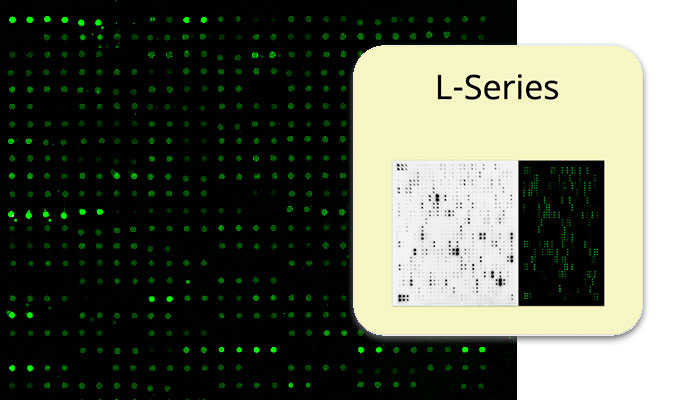Sekisui XenoTech have announced the addition of Rodent Hepatocytes to their patented CryostaX® product line.
The CryostaX® in vitro drug discovery and preclinical drug development test system is continuously expanding with these new pooled Sprague-Dawley rat hepatocytes released in July, and pooled CD-1 mouse hepatocytes soon to be launched.
CryostaX® hepatocytes are liver cells that are prepared using a patented process that produces unique cryopreserved cell pellets. This single-freeze preparation process provides greater convenience to researchers, versatile pooling options, and minimizes freeze-thaw injury to the cells, which promotes high viability, cell yield and enzymatic activity for longer-term, consistent test results. What else makes Cryostax a popular choice for researchers?
“Our pellet format allows us to design the largest pools of rat and mouse hepatocytes on the market in lot sizes that can last for years,” explained Maciej Czerwinski, Ph.D., Director of Consulting for Sekisui XenoTech and inventor of the CryostaX® cryopreservation method. “Plus, customers love the ease-of-use of CryostaX. There is no need to thaw the hepatocytes to get them out of the vial, which can potentially lead to ‘over-thawing’ and cell damage.”
Since intact hepatocytes contain the major hepatic drug-metabolizing enzymes necessary for preclinical studies, they are a common in vitro test system for studies of metabolic stability, hepatic uptake and transporters, CYP induction screening, hepatotoxicity, etc. Due to the clear superiority of CryostaX® products, the company is looking into preparing more of its in vitro test systems with this method and foresees the elimination of cryopreserved hepatocytes prepared from traditional methods.
“Our hepatocyte expertise stems from decades of preparing these test systems for our own contract research,” commented Zell Woodworth, Products Division Director for Sekisui XenoTech. “Utilizing the hepatocytes that we produce in our own contract studies not only allows for greater quality control, but also a deeper insight into the use of the test systems. This unparalleled level of understanding and experience guides the decisions we make when developing new products and services.”
Benefits to Lab Efficiency and Performance
Researchers have stated how much they enjoy the increased efficiency gained by removing the unnecessary step of having to hold and swirl vials in a water bath while checking to see if the cells have sufficiently thawed to be released from the vial. Furthermore, by eliminating the need for water baths in or near culture hoods and incubators, a significant source of tissue culture contamination can be eliminated.
And since there is no need to thaw the hepatocytes in order to get them out of the vial, the cell damage that occurs during thaw processes is reduced. Customers have expressed increased confidence in using CryostaX® hepatocytes because they have reduced or eliminated variability due to differences in scientists’ skill levels and experience.
Limiting freeze-thaw injury from multiple cryopreservation steps also increases and prolongs metabolic activity. Data indicates benefits to cytochrome P450 (CYP), sulfotransferase (SULT) and especially UDP-glucuronosyltransferases (UGT) activity. CryostaX® hepatocytes can then be cultured for up to 48 hours without a medium change, giving a significantly extended incubation window in which to collect metabolism data. This provides data that is comparable to, in a format that is easier to use, and more cost effective than alternative methodologies used to assess metabolism of low-turnover compounds, which can otherwise be a challenge for ADME scientists.
Feel free to contact me if you have a need for rodent hepatocytes, including custom preparations. I’ll be happy to help.


